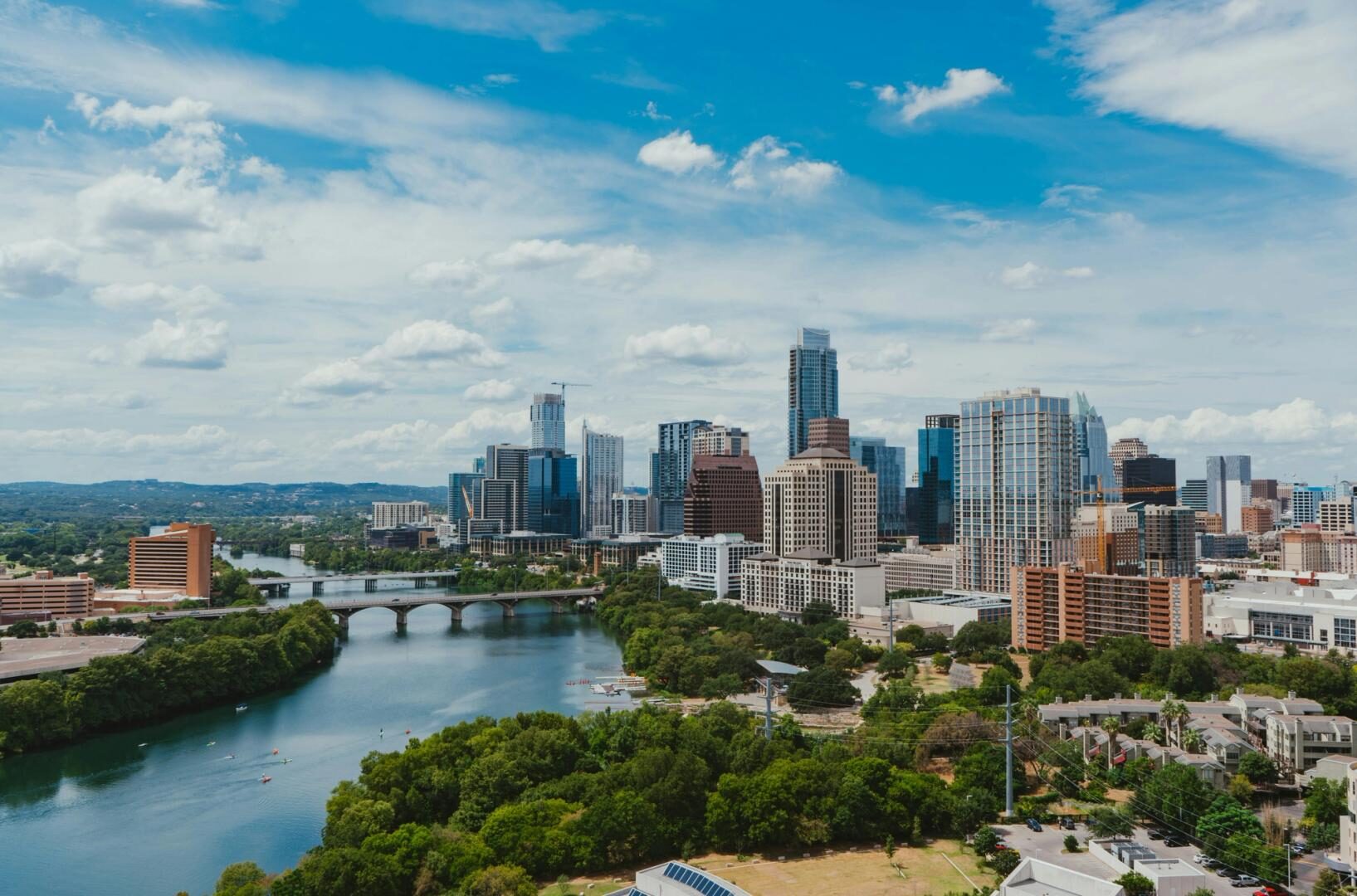BTC
$103,160.36
+
4.25%
ETH
$2,316.98
+
6.08%
USDT
$1.0007
–
0.00%
XRP
$2.0644
+
4.68%
BNB
$630.08
+
3.81%
SOL
$139.88
+
7.80%
USDC
$1.0000
–
0.03%
TRX
$0.2726
+
3.88%
DOGE
$0.1573
+
6.29%
ADA
$0.5556
+
5.40%
HYPE
$37.09
+
9.70%
WBT
$47.75
–
0.41%
BCH
$455.91
+
2.08%
SUI
$2.6314
+
11.06%
LEO
$9.0590
+
1.13%
LINK
$12.15
+
7.65%
XLM
$0.2359
+
5.68%
AVAX
$17.30
+
8.07%
TON
$2.8505
+
6.10%
SHIB
$0.0₄1116
+
7.96%
By Tom Carreras, AI Boost|Edited by Stephen Alpher
Jun 23, 2025, 7:17 p.m.

- Texas has become the first U.S. state to establish a publicly funded bitcoin reserve after Governor Greg Abbott signed Senate Bill 21 into law.
- The state will allocate $10 million to purchase bitcoin, setting it apart from other states like Arizona and New Hampshire, which have not funded their reserves.
- A companion bill, HB 4488, ensures the bitcoin reserve is protected from being absorbed into the state’s general revenue.
Texas has become the first U.S. state to create a publicly funded, stand-alone bitcoin
reserve after Governor Greg AbbottsignedSenate Bill 21 into law over the weekend. The bill directs the state to establish a bitcoin reserve managed independently from the main treasury, joining a small but growing group of states exploring digital asset reserves.
Unlike Arizona and New Hampshire, which passed similar legislation, Texas did not just authorize the reserve but is actively funding it. The state will be appropriating $10 million in order to purchase bitcoin for the reserve.
STORY CONTINUES BELOW
The news comes months after the Trump administration announced the creation of a national crypto reserve — though that vehicle is supposed to be funded in strictly budget-neutral ways, like through crypto asset seizures or by issuing crypto bonds.
Abbott also signed bill HB 4488, a companion measure that protects the bitcoin reserve from routine ‘fund sweeps’ into the state’s general revenue.
The legislation marks a shift in how states may begin treating digital assets — not just as speculative tools, but as sovereign financial instruments worth holding long-term.
Disclaimer: Parts of this article were generated with the assistance from AI tools and reviewed by our editorial team to ensure accuracy and adherence to our standards. For more information, see CoinDesk’s full AI Policy.
Tom writes about markets, bitcoin mining and crypto adoption in Latin America. He has a bachelor’s degree in English literature from McGill University, and can usually be found in Costa Rica. He holds BTC above CoinDesk’s disclosure threshold of $1,000.
“AI Boost” indicates a generative text tool, typically an AI chatbot, contributed to the article. In each and every case, the article was edited, fact-checked and published by a human. Read more about CoinDesk’s AI Policy.















